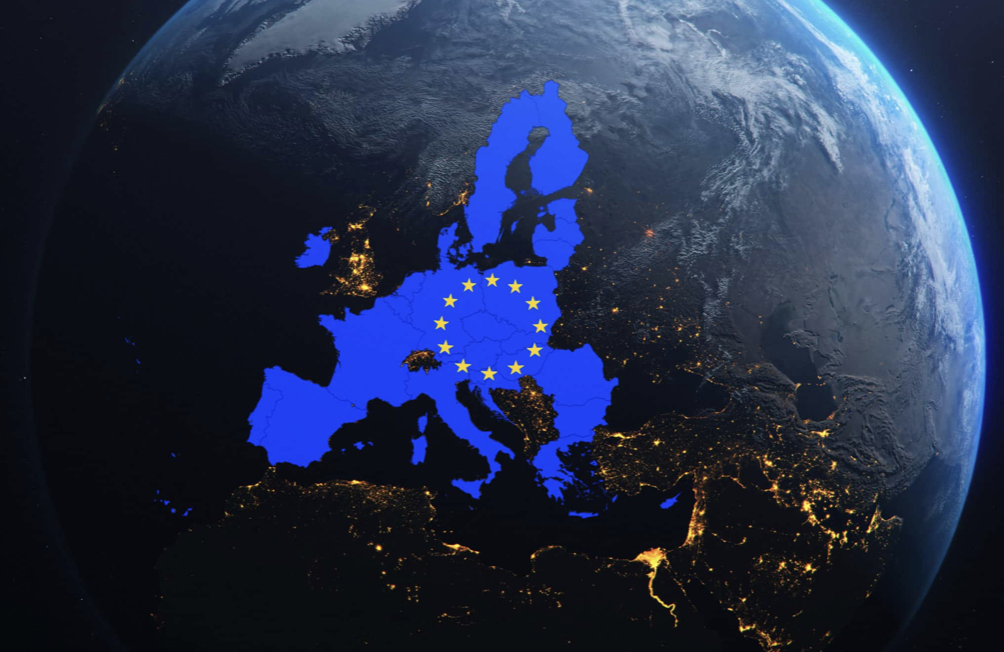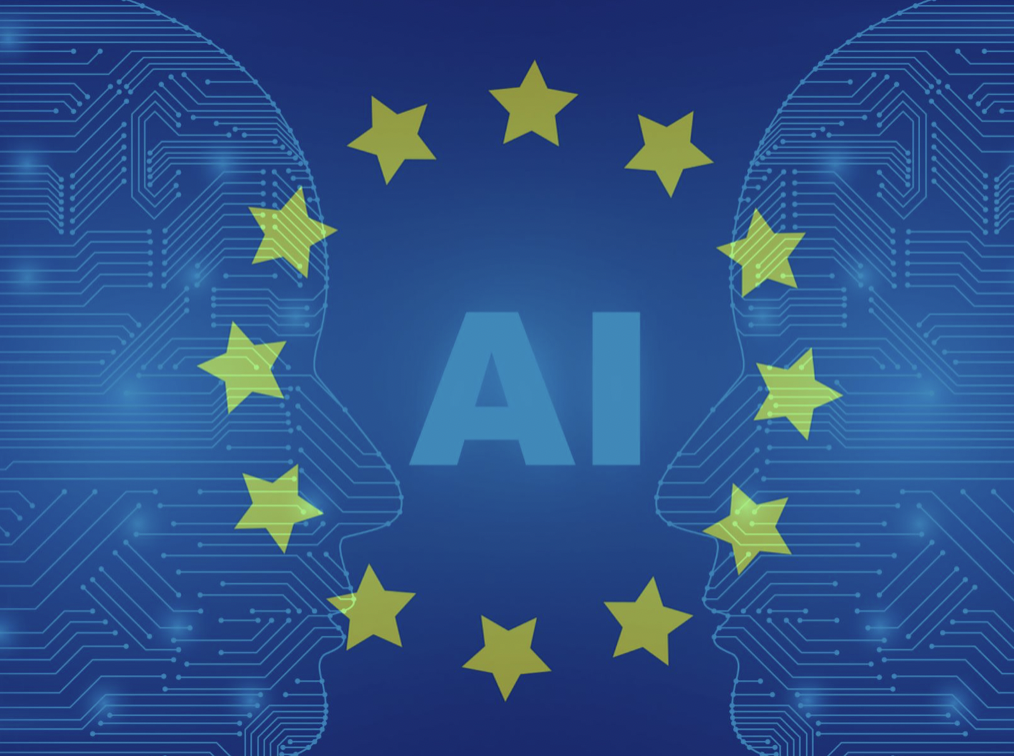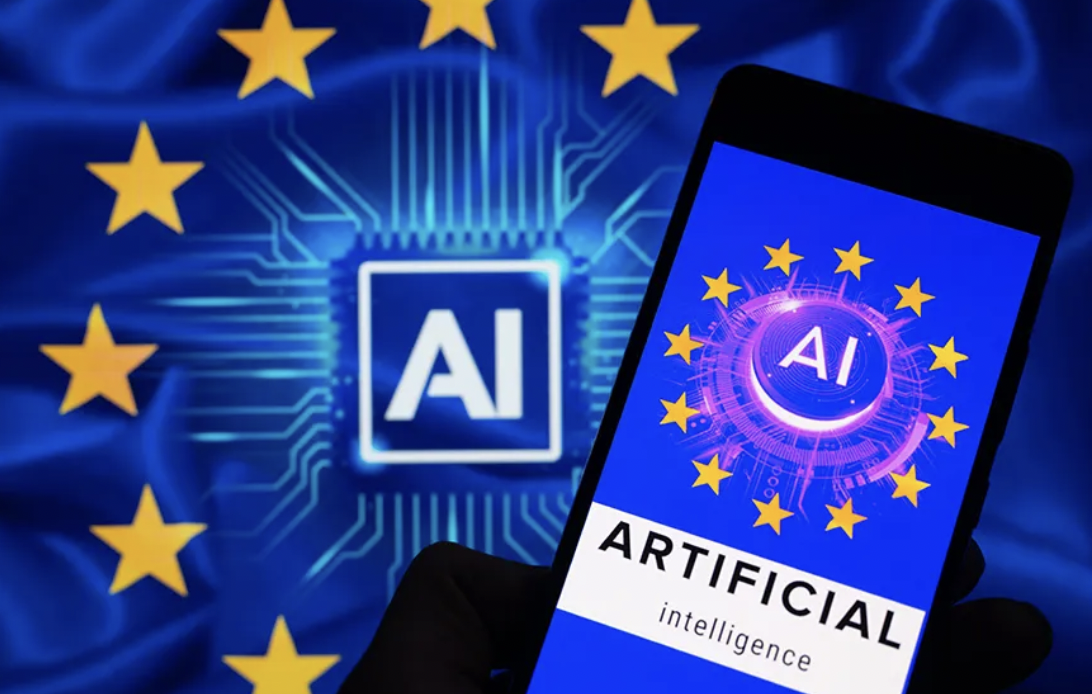EU’s AI Act Stalls Amid Disagreements

The European Union’s efforts to become the first region to implement comprehensive regulations for artificial intelligence technologies appear stalled, as disagreements between key policymakers have pushed back the timeline for finalising the landmark AI Act. According to reports, the draft legislation may not be agreed upon until December due to unresolved issues, hampering the EU’s ability to assert global leadership in governing this rapidly advancing field.
The AI Act aims to establish rules around critical areas like training AI models and providing transparency around their development. It has major implications for copyright-dependent sectors including the music industry, which has lobbied for restrictions on using copyrighted content to train AI systems without licensing deals. However, co-rapporteur Dragos Tudorache acknowledged models need access to human creations, so the focus is on mandating transparency rather than an outright ban on this practice.
Once adopted, Tudorache estimates a transition period of 1-1.5 years before the new regulations come into effect in early-to-mid 2025. This lag time allows companies and regulators to prepare for compliance. But with European Parliament elections slated for June 2023, prolonged negotiations could face additional complications if legislative priorities shift under new Parliament leadership.
The delays reflect the EU’s struggle to balance protecting creators’ rights and intellectual property with promoting AI innovation, as policymakers craft rules for technologies that remain imperfectly understood. But establishing clear guidelines will only grow more difficult as AI capabilities rapidly scale. For an EU hoping to lead on AI governance, the sluggish pace risks other countries and companies moving faster to fill the policy void. With key issues still unresolved, the EU must urgently build consensus around forward-looking yet pragmatic AI regulations, or risk surrendering its chance to shape the ethical frameworks governing AI’s future.



